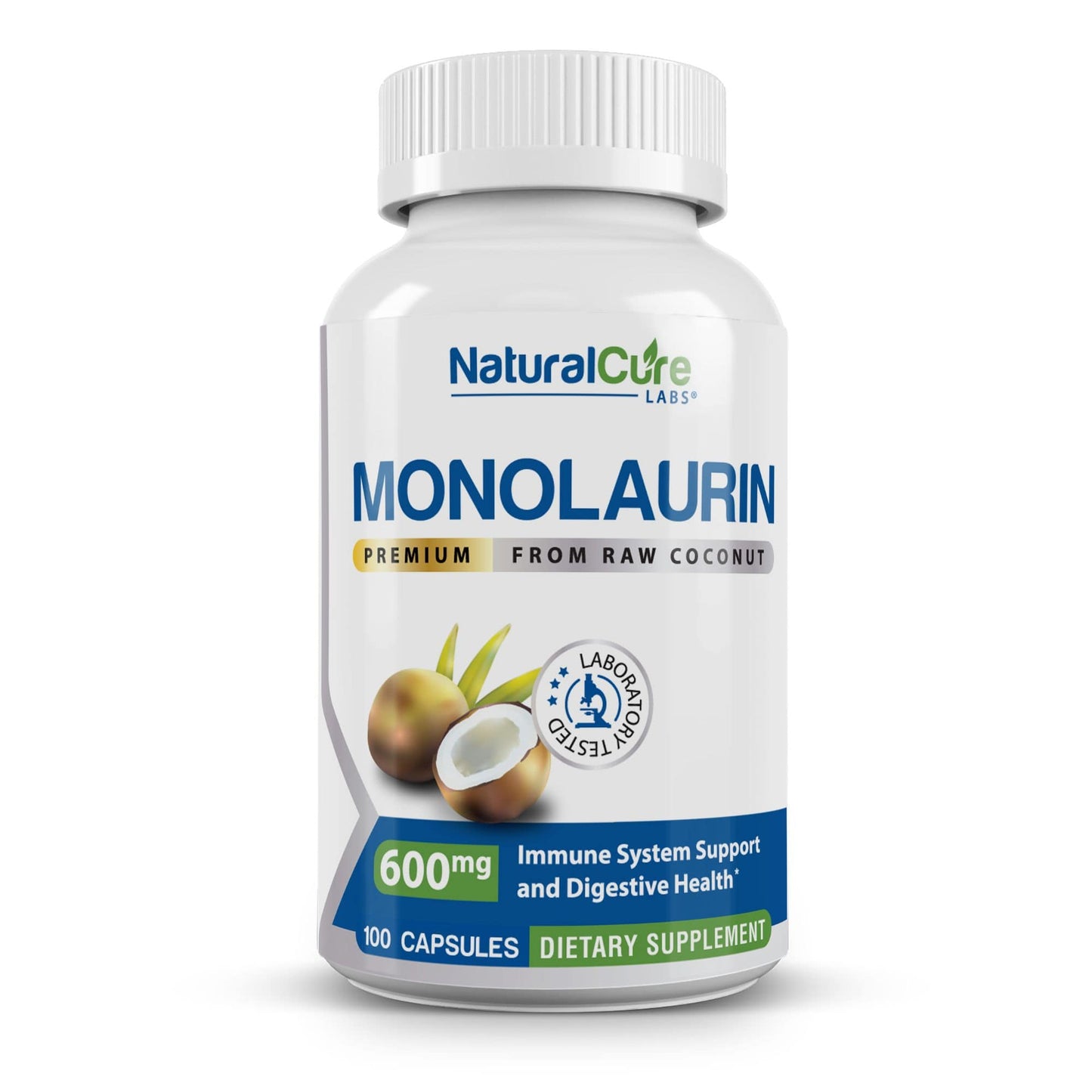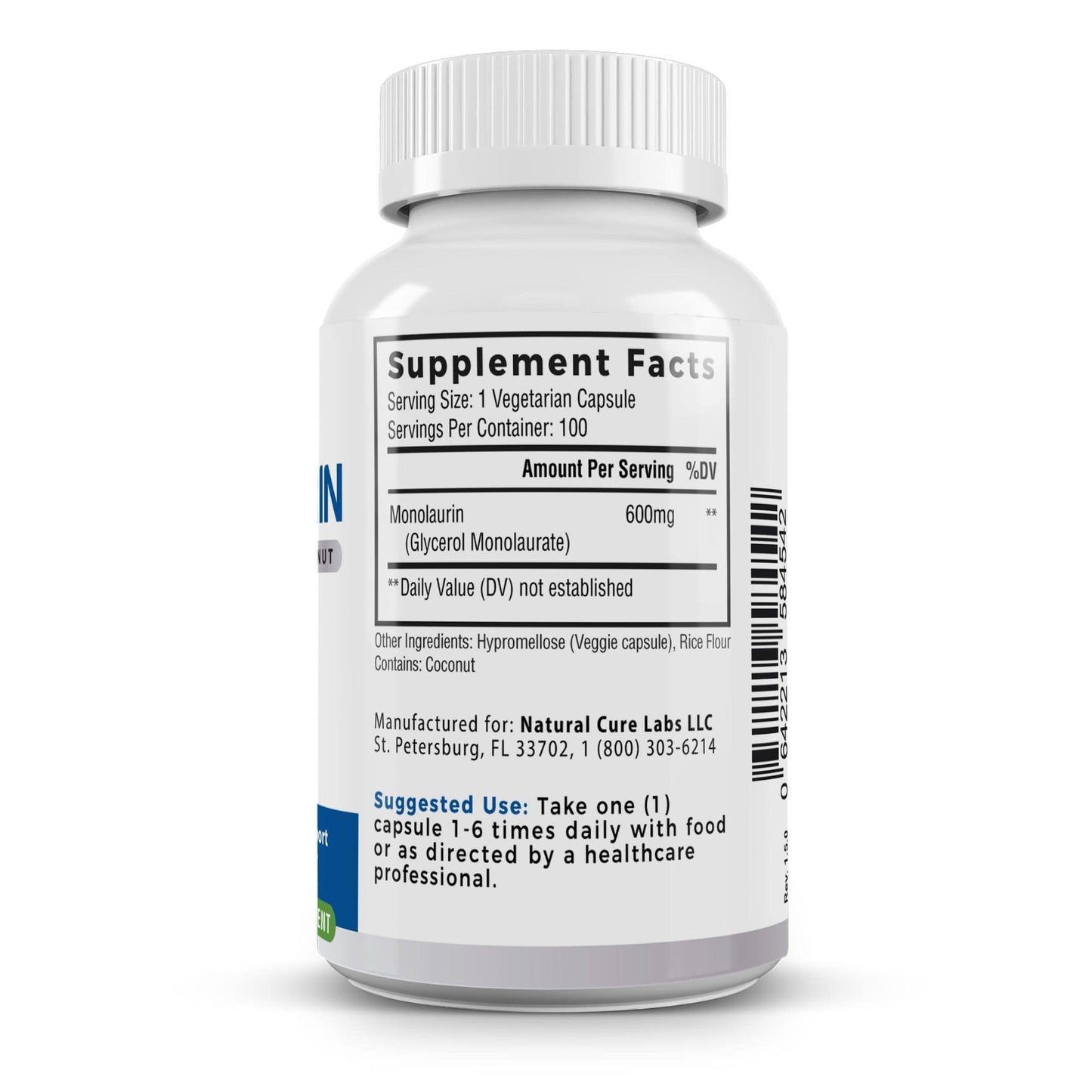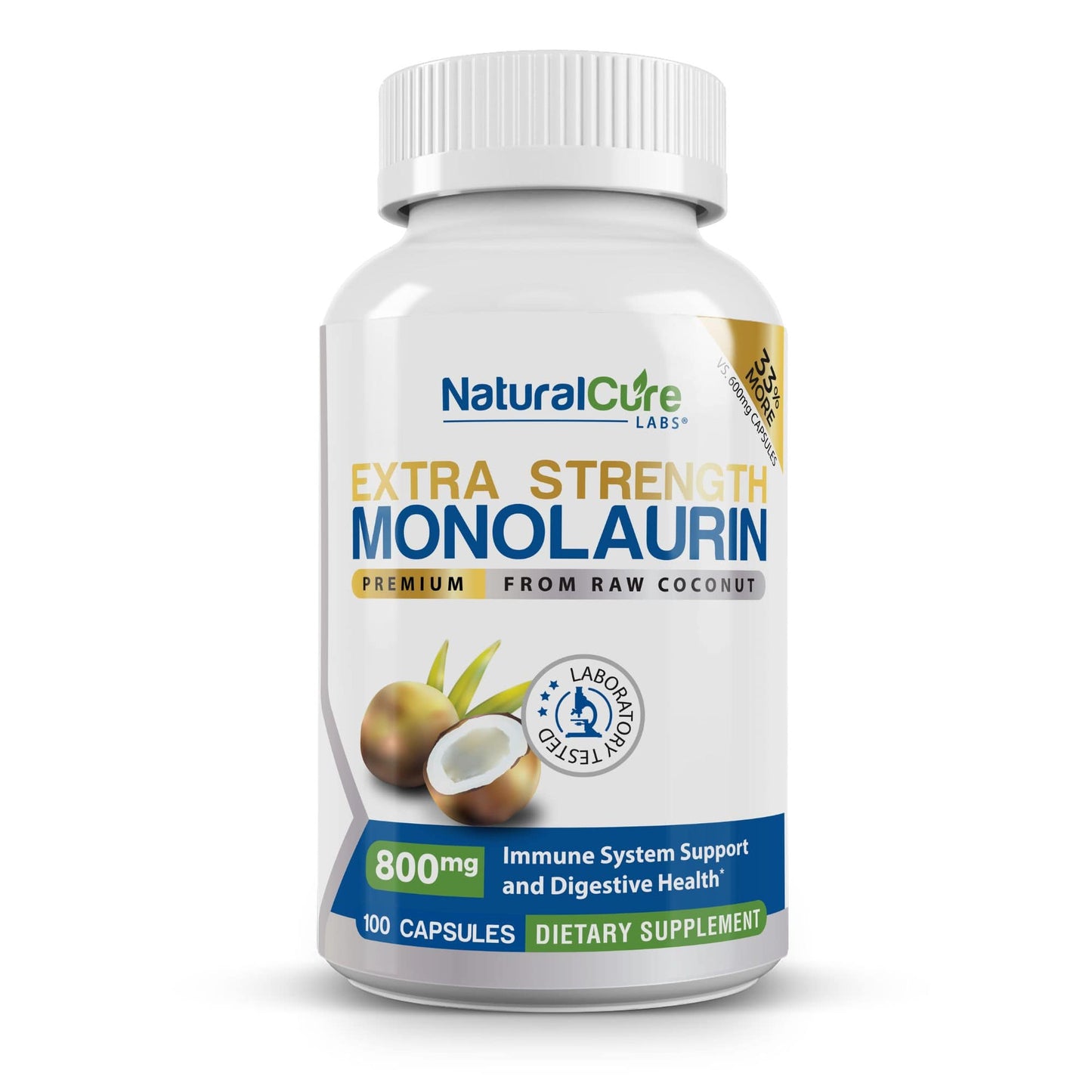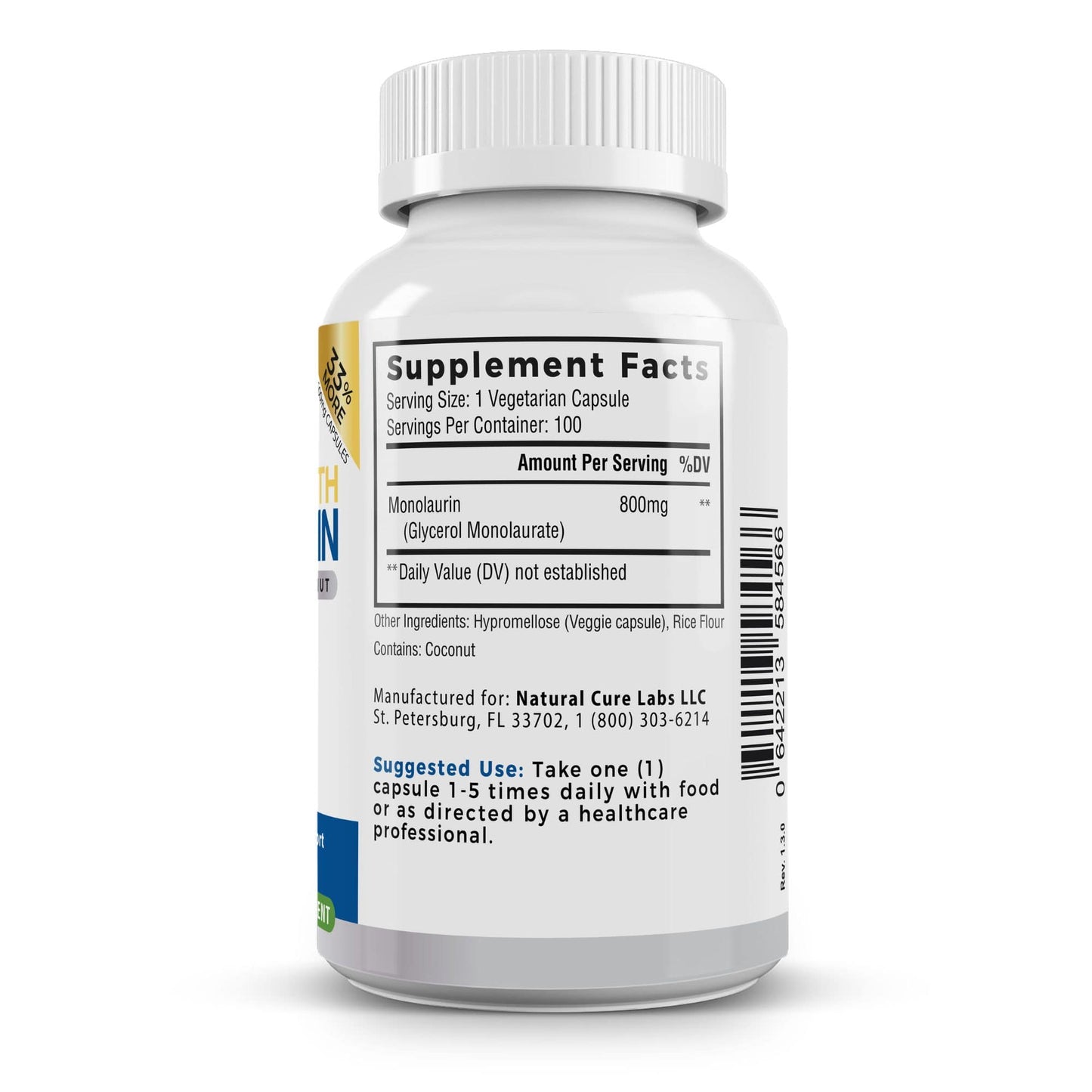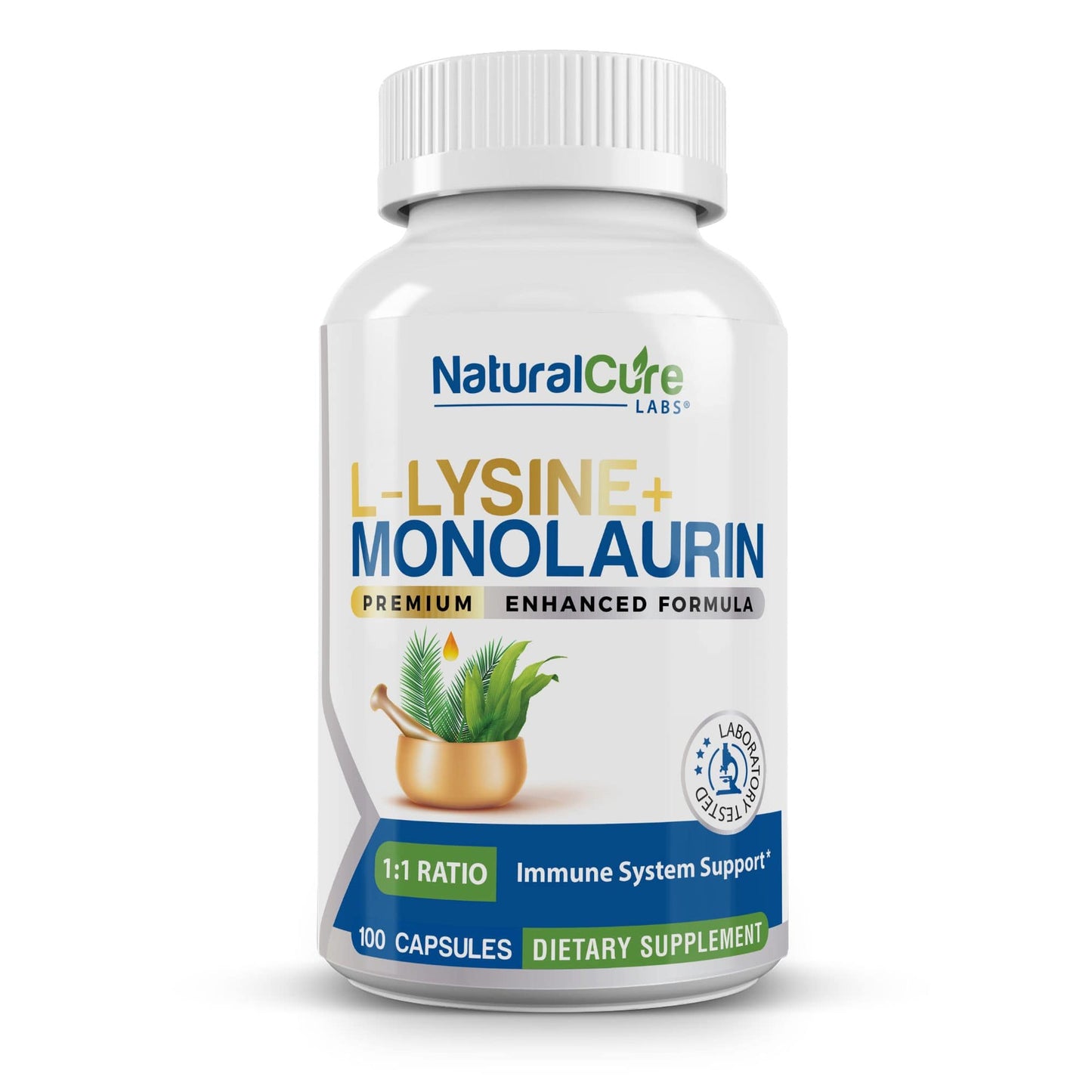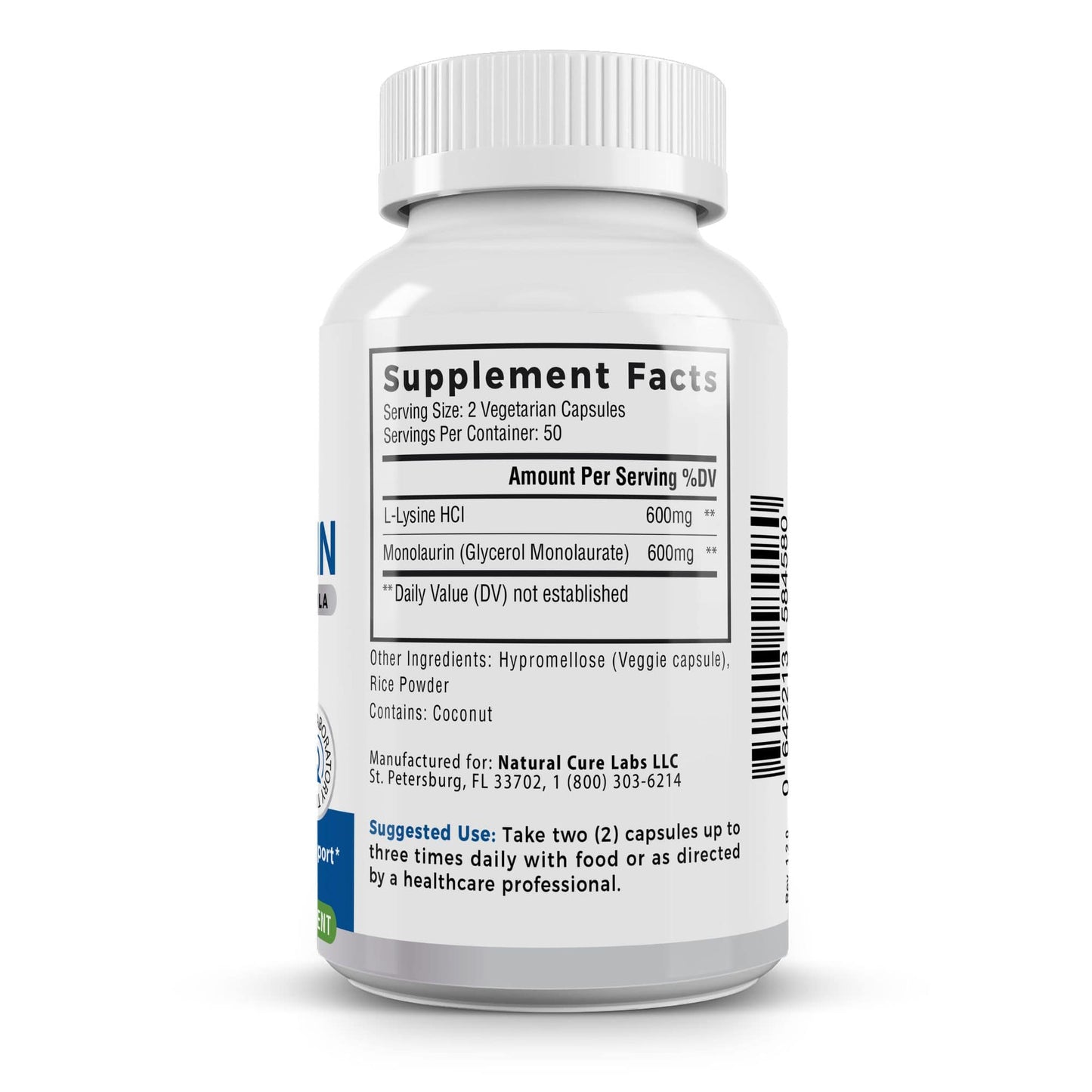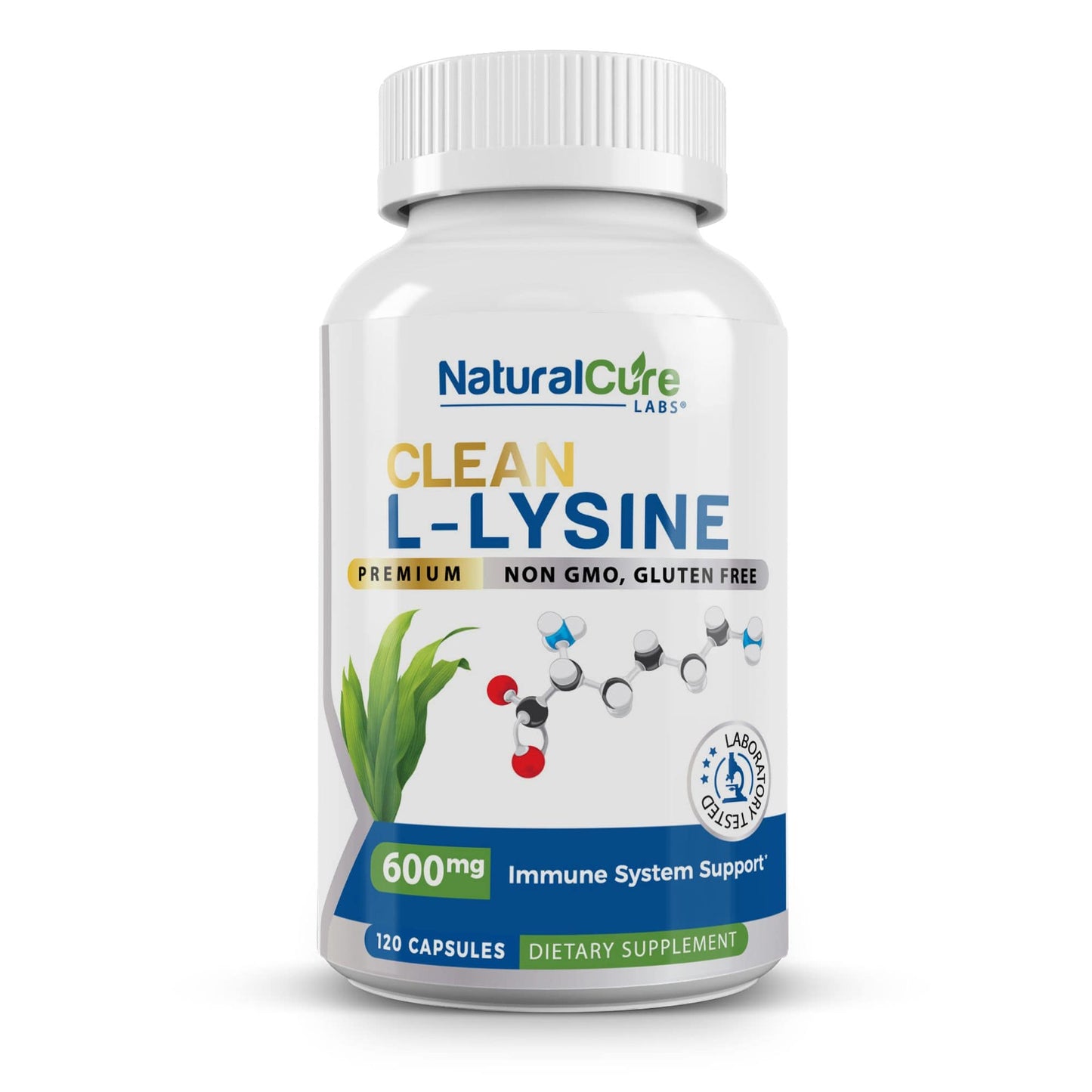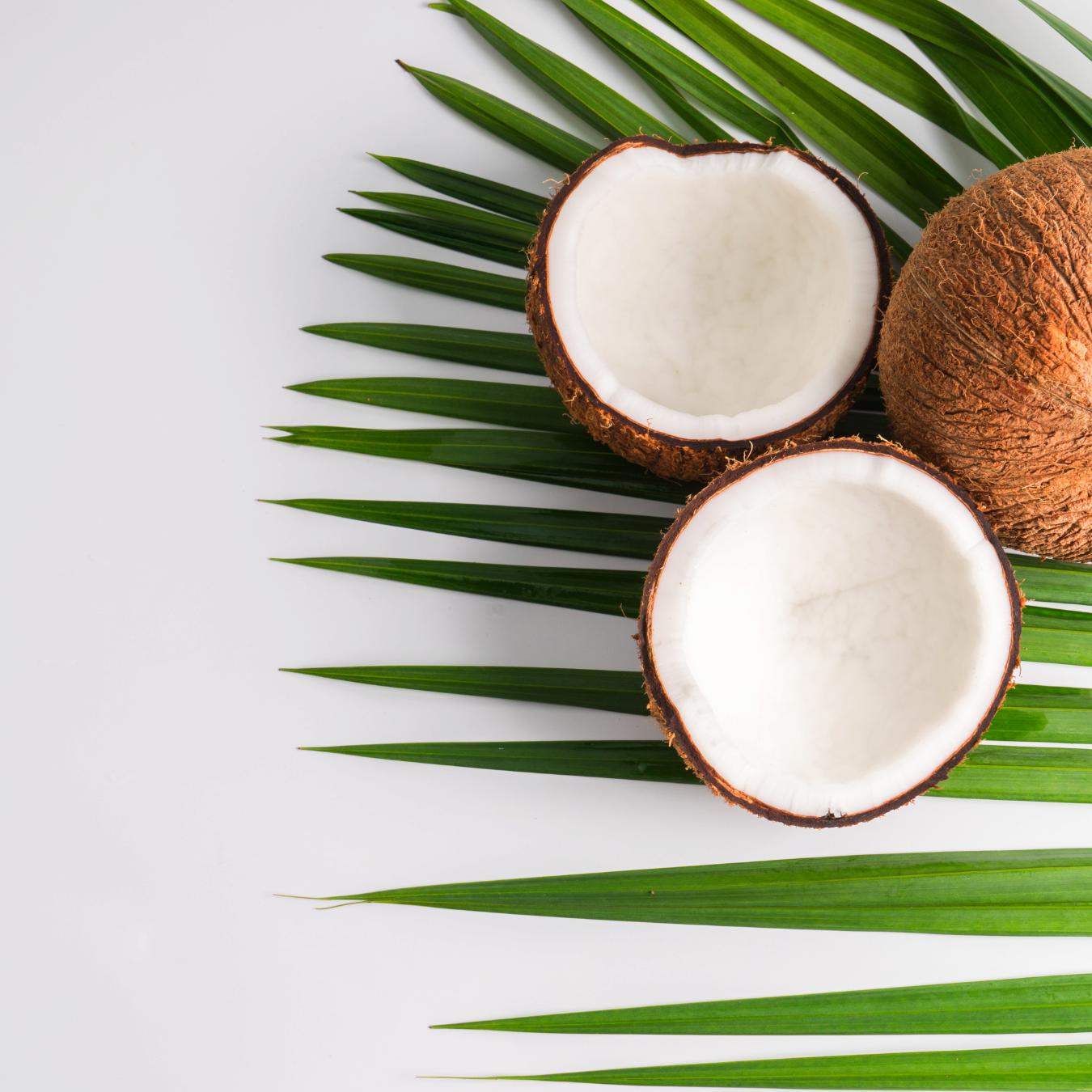
📝 Medically reviewed by Trager Hintze, PharmD, BCCCP
🔍 Last updated June 24, 2024
📚 8 citations
📖 5 minute read
About the Author:

Dr. Trager Hintze completed his Doctor of Pharmacy degree at Idaho State University College of Pharmacy, followed by post-graduate residencies at the University of Oklahoma College of Pharmacy and University Hospital in San Antonio, Texas. Dr. Hintze is a Clinical Assistant Professor of Pharmacy Practice at the Texas A&M Irma Lerma Rangel School of Pharmacy.
--
80% of people worldwide use herbal medicinal products and supplements as part of their primary healthcare. ¹ Historically, plant-derived products were used as a natural source of medicine and continue to be celebrated as a wellness option to this day. ²
The popularity of herbal supplements has significantly increased over the past 30 years. If you're seeking an alternative health remedy, botanicals may help support your overall health. ‡
Jump To:
- The History of Herbal Medicine
- What Are Botanicals?
- Using Botanicals Wisely and Safely
- Final Thoughts
- References
Keep reading to learn more about botanicals and how they can enhance your daily routine.
See Related: Mulberry Leaf: Uses, Benefits, And The Impact On Blood Sugar
The History of Herbal Medicine
In recent years, botanicals have garnered some well-deserved recognition. However, herbal medicine dates back thousands of years. Records from as early as 3,000 BC detail the use of plants in China and Egypt for medicinal purposes. Indigenous cultures and Ayurvedic practices also utilized herbs and botanicals in healing rituals.
In the 13th and 14th centuries, many medicinal plants were brought to Europe from China, Persia, India, and America. Botanical gardens began to sprout up all across Europe, and many of the imported plants became commonly used for healing purposes. ³
What Are Botanicals?
Simply put, botanicals are plant derivatives. This term refers to any part of a plant that can be potentially used for health or medicinal benefits. It can include the leaves, flowers, bark, seeds, roots, and other parts of a plant. Though many botanicals have been utilized for thousands of years, there are certain types that have only recently become mainstream. ⁴
Many botanical products have restorative and curative effects that can help support overall health and wellness. There are three common forms of botanicals:
- Botanical preparations
- Botanical drugs
- Essential oils ⁵

What Is a Botanical Preparation?
A botanical preparation is a product made from various plant derivatives designed for health applications. It's usually a dietary supplement but can also include teas, tinctures, extracts, powders, and more. Botanical preparations are made by extracting the active compounds from plants to create a fully usable form.
Bonus: 5 Ways To Naturally Lower Blood Sugar With Botanicals
What Are Botanical Drugs?
The United States Federal Food, Drug, and Cosmetic Act defines a botanical drug as a product made from botanicals that is intended to be used to support health. Botanical drugs can take the form of teas, powders, capsules, or injections. Most botanical drugs are a mixture of botanicals and feature a complex formula. ⁹
What Are Essential Oils?
Essential oils are concentrated extracts taken from various plants. These fragrant liquids contain bioactive compounds like terpenes and flavonoids that can help support overall health. Due to their potential therapeutic properties, essential oils have been used extensively in aromatherapy, medicine, and more. ¹⁰
Using Botanicals Wisely and Safely
To be classified as dietary supplements, botanical preparations need to meet the definition outlined in the Dietary Supplement Health and Education Act of 1994. ⁶ A dietary supplement (other than tobacco) must:
- Be intended to supplement the diet.
- Contain one or more dietary ingredients, such as vitamins, minerals, or botanicals.
- Be intended to be ingested orally as a pill, capsule, tablet, or liquid.
- Be labeled as a dietary supplement.

Under FDA regulations, all dietary supplements made with botanicals or plant derivatives must follow good manufacturing practices. ⁷ ⁸ At Natural Cure Labs, each of our products is manufactured under current GMP guidelines and tested for contaminants and quality.
From our Premium Monolaurin to our Clean L-Lysine, our supplements are made with premium ingredients and contain no synthetic colors, preservatives, or additives. These clean formulas are made with plant-based botanicals that support immune health and digestive function from naturally derived sources. ‡
Final Thoughts
Though botanical remedies aren’t new, they have been gaining traction in recent years. As more and more people turn to natural alternatives to support their health, herbal products and botanical supplements will continue to stand out.
Keep Reading: What Are Antibodies And What Do They Do?
--
References
- Ekor M. (2014). The growing use of herbal medicines: issues relating to adverse reactions and challenges in monitoring safety. Frontiers in pharmacology, 4, 177. https://doi.org/10.3389/fphar.2013.00177
- Schmidt, B., Ribnicky, D. M., Poulev, A., Logendra, S., Cefalu, W. T., & Raskin, I. (2008). A natural history of botanical therapeutics. Metabolism: clinical and experimental, 57(7 Suppl 1), S3–S9. https://doi.org/10.1016/j.metabol.2008.03.001
- Petrovska B. B. (2012). Historical review of medicinal plants' usage. Pharmacognosy reviews, 6(11), 1–5. https://doi.org/10.4103/0973-7847.95849
- Durazzo, A., Lucarini, M., & Heinrich, M. (2022). Editorial: Dietary Supplements, Botanicals and Herbs at the Interface of Food and Medicine. Frontiers in pharmacology, 13, 899499. https://doi.org/10.3389/fphar.2022.899499
- Ramsey, J. T., Shropshire, B. C., Nagy, T. R., Chambers, K. D., Li, Y., & Korach, K. S. (2020). Essential Oils and Health. The Yale journal of biology and medicine, 93(2), 291–305.
- National Institutes of Health. (2020). Botanical Dietary Supplements Background Information. Retrieved from https://ods.od.nih.gov/factsheets/BotanicalBackground-Consumer/ on June 13, 2024.
- van Breemen R. B. (2015). Development of Safe and Effective Botanical Dietary Supplements. Journal of medicinal chemistry, 58(21), 8360–8372. https://doi.org/10.1021/acs.jmedchem.5b00417
- Gouveia, B. G., Rijo, P., Gonçalo, T. S., & Reis, C. P. (2015). Good manufacturing practices for medicinal products for human use. Journal of pharmacy & bioallied sciences, 7(2), 87–96. https://doi.org/10.4103/0975-7406.154424
- U.S. Food & Drug Administraion. (2023). What is a Botanical Drug? Retrieved from https://www.fda.gov/about-fda/center-drug-evaluation-and-research-cder/what-botanical-drug on June 24, 2024.
- Pezantes-Orellana, C., German Bermúdez, F., Matías De la Cruz, C., Montalvo, J. L., & Orellana-Manzano, A. (2024). Essential oils: a systematic review on revolutionizing health, nutrition, and omics for optimal well-being. Frontiers in medicine, 11, 1337785. https://doi.org/10.3389/fmed.2024.1337785
‡ These statements have not been evaluated by the Food and Drug Administration. This product is not intended to diagnose, treat, cure, or prevent any disease.
--
Natural Cure Labs provides dietary supplements made from naturally derived ingredients. Our research-backed products contain premium botanicals and antioxidants that encourage healthy living and holistic wellness. Each high-quality product comes with a Clean Label that certifies our commitment to quality, transparency, and research. To stay connected and learn more, follow us on Facebook, Instagram, and TikTok.

